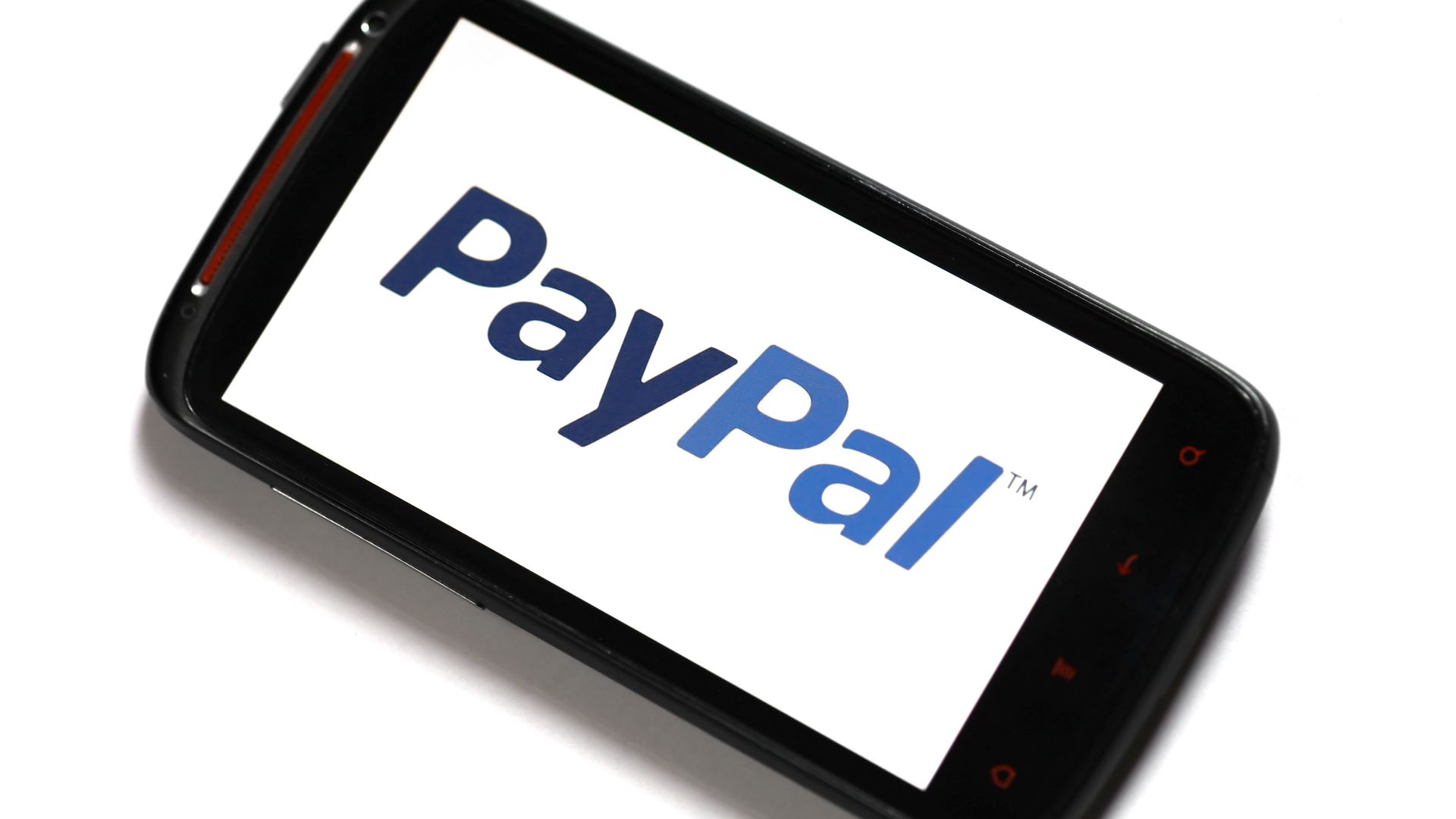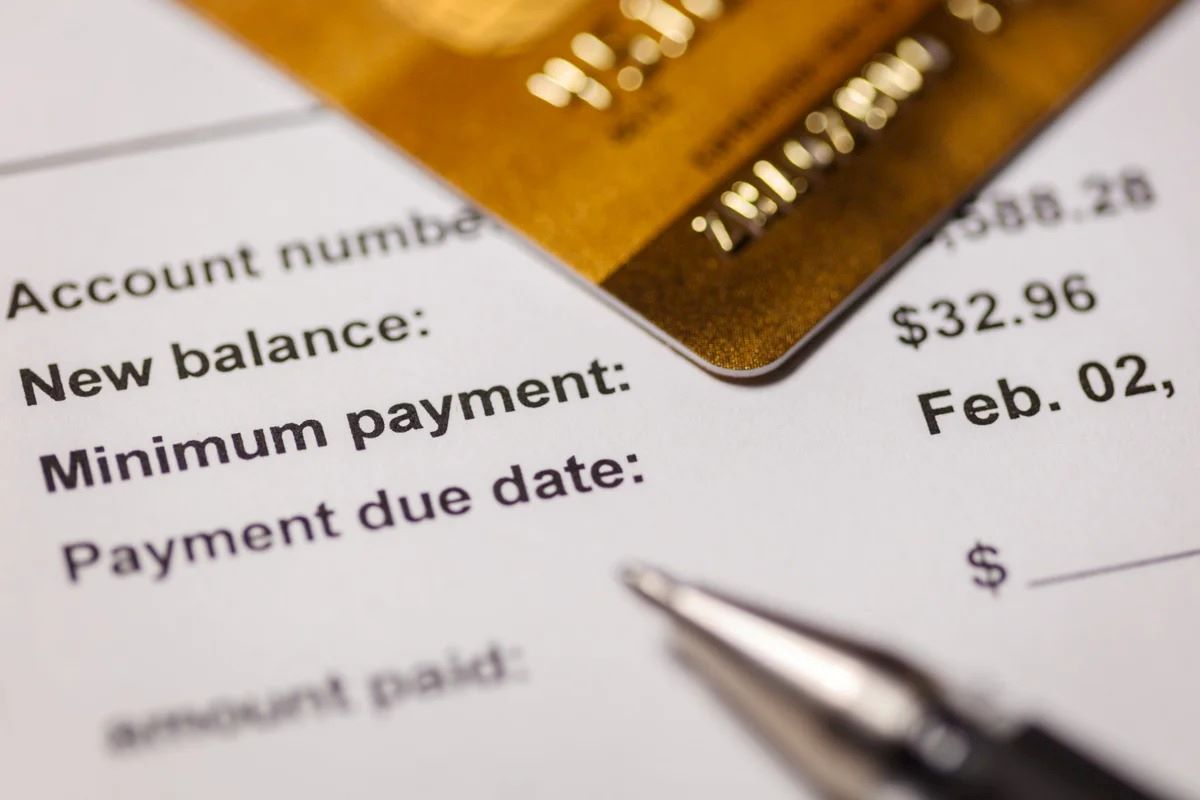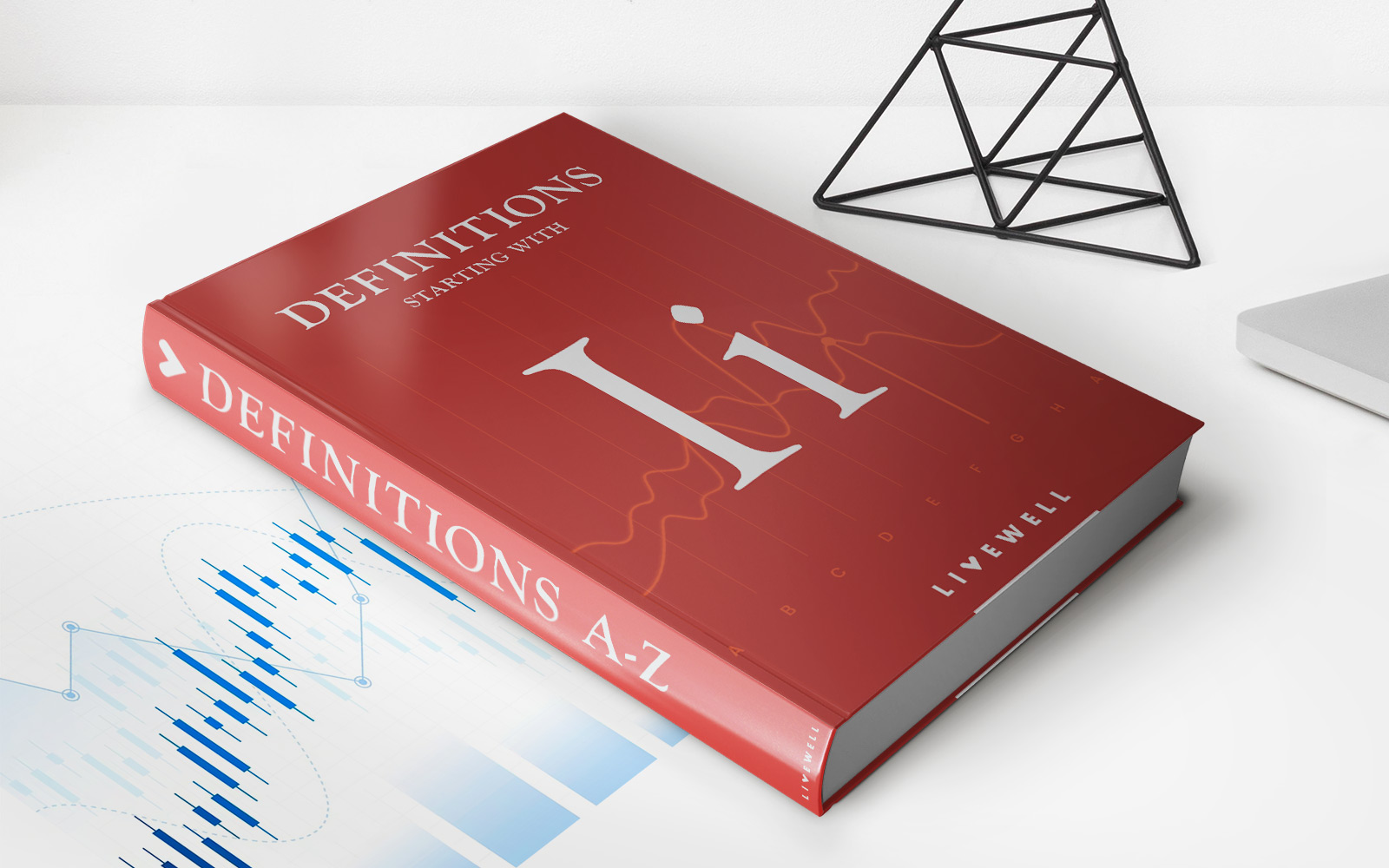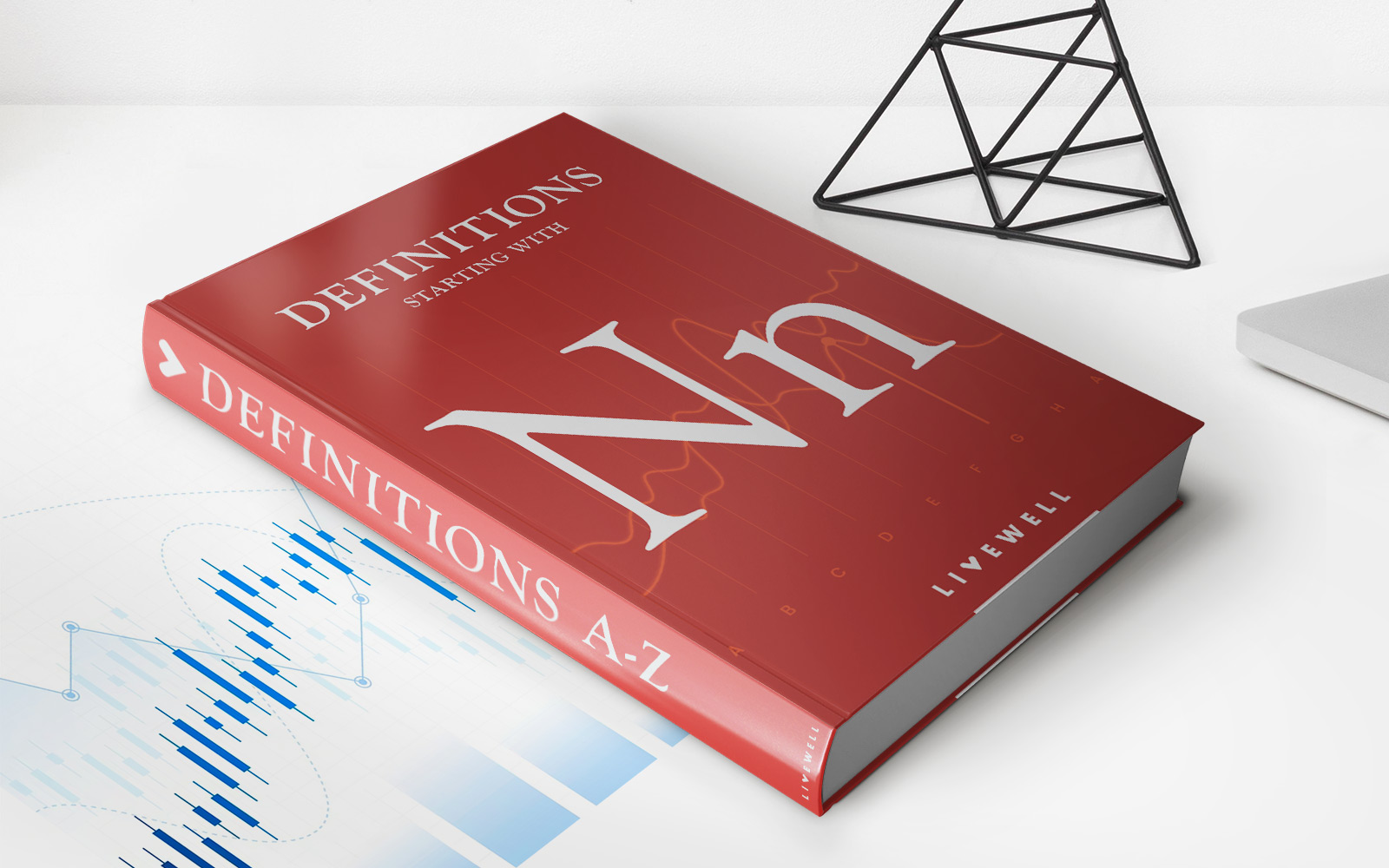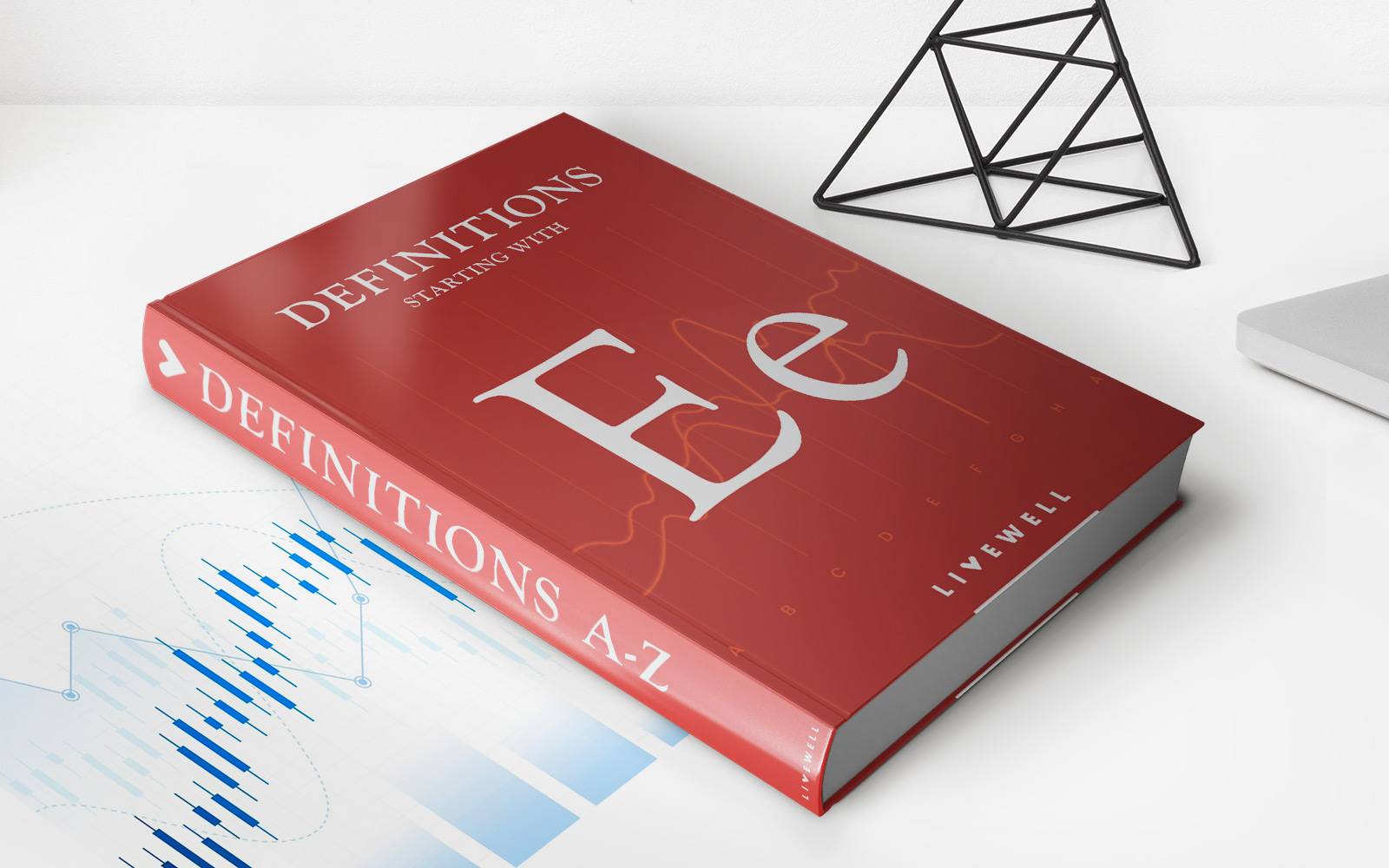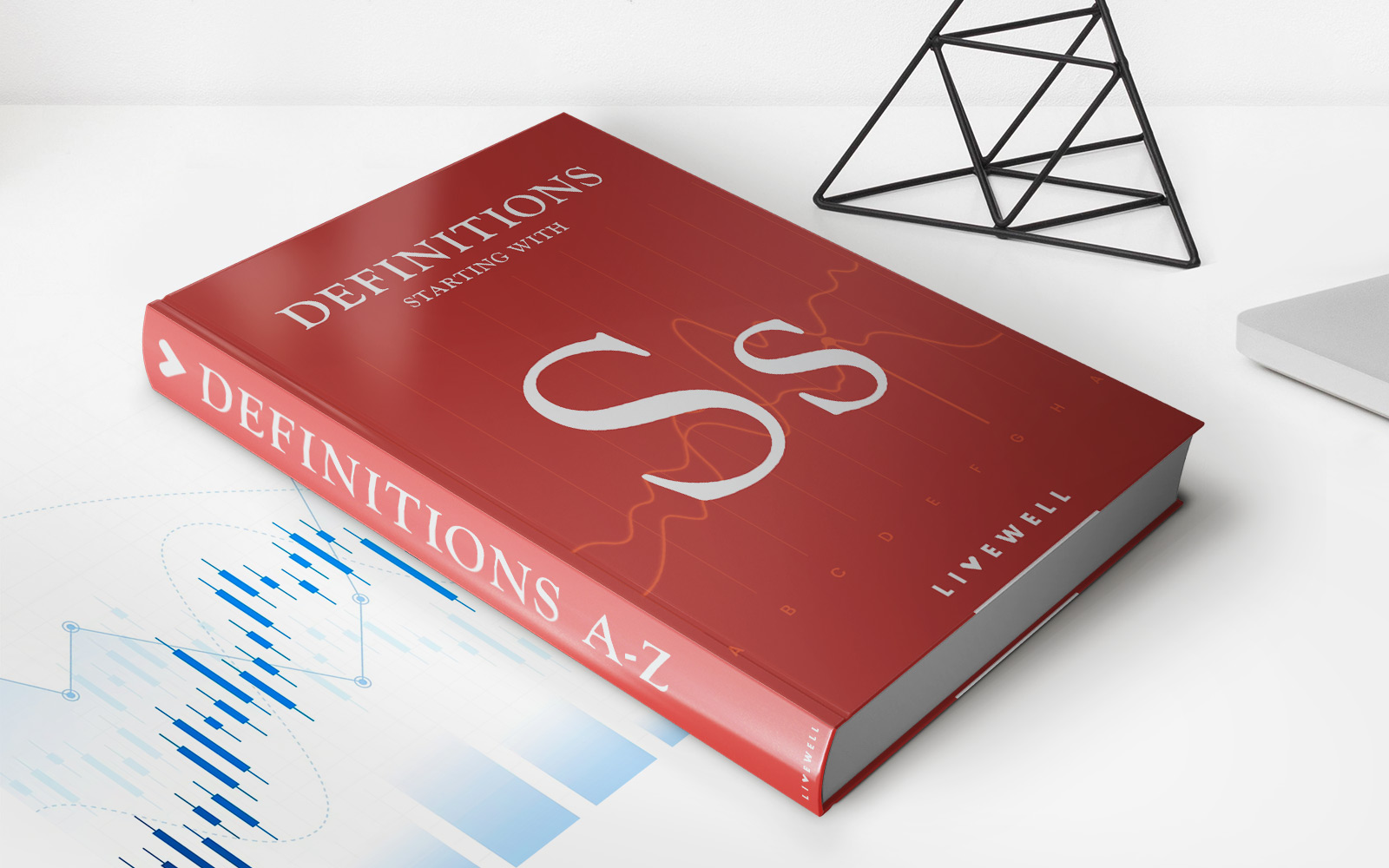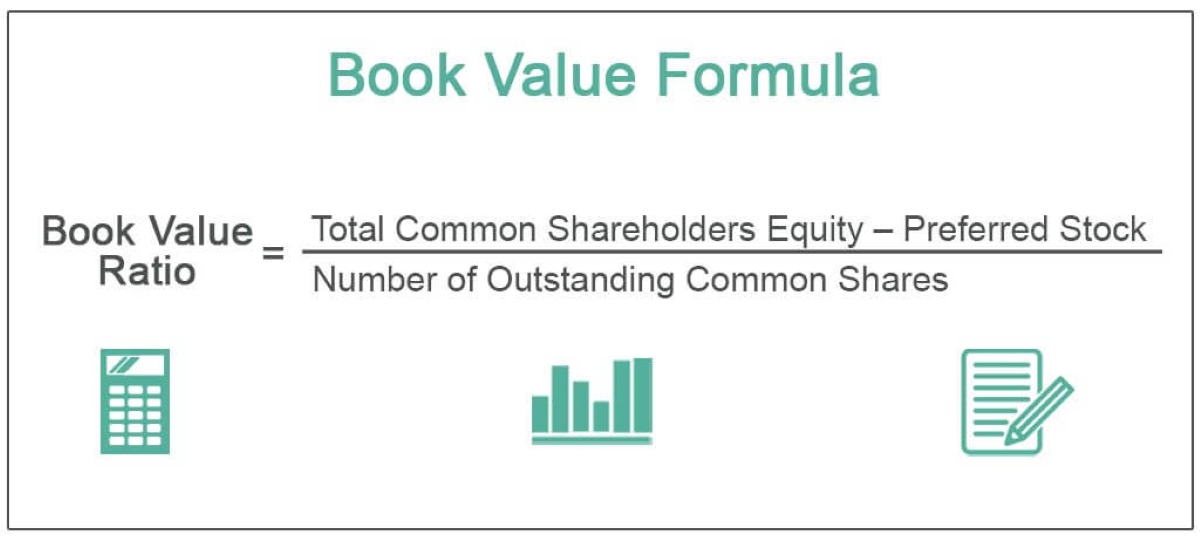Home>Finance>What Is A Reason To Pay More Than The Minimum Payment Due On Your Credit Statement Each Month


Finance
What Is A Reason To Pay More Than The Minimum Payment Due On Your Credit Statement Each Month
Published: February 25, 2024
Paying more than the minimum on your credit statement each month can save you money in interest and help improve your credit score. Learn the benefits of this smart financial strategy.
(Many of the links in this article redirect to a specific reviewed product. Your purchase of these products through affiliate links helps to generate commission for LiveWell, at no extra cost. Learn more)
Table of Contents
- Understanding the Importance of Paying More Than the Minimum on Your Credit Statement
- Deciphering the Significance of the Minimum Payment
- Unlocking the Benefits of Exceeding the Minimum Payment
- Understanding the Influence of Exceeding the Minimum Payment on Your Credit Score
- Unlocking Long-Term Financial Gains Through Exceeding the Minimum Payment
- Effective Approaches to Exceeding the Minimum Payment and Achieving Financial Freedom
- Empowering Financial Wellness Through Proactive Credit Card Payments
Introduction
Understanding the Importance of Paying More Than the Minimum on Your Credit Statement
When it comes to managing your credit card payments, paying the minimum due each month might seem like a convenient option. However, it's crucial to recognize that this approach could potentially lead to long-term financial challenges. By understanding the implications of paying only the minimum amount on your credit card statement, you can make informed decisions that will positively impact your financial well-being.
Paying more than the minimum due on your credit card statement is a proactive financial strategy that can yield numerous benefits. This article aims to delve into the reasons why paying more than the minimum is advantageous, including its impact on your credit score and overall financial health. Additionally, we will explore effective strategies for implementing this approach and how it can contribute to your long-term financial stability.
By gaining insight into the significance of paying more than the minimum on your credit statement, you will be empowered to make sound financial decisions that align with your goals and aspirations. Let's delve into the details and discover the compelling reasons to prioritize more than the minimum payment on your credit card each month.
Understanding the Minimum Payment Due
Deciphering the Significance of the Minimum Payment
When you receive your credit card statement, you may notice a section specifying the minimum payment due. This amount is the smallest sum you are required to pay by a certain date to keep your account in good standing. It typically comprises a percentage of your outstanding balance, along with any fees and accrued interest.
It’s essential to comprehend that while the minimum payment may appear manageable, it primarily serves the interest of the credit card company. By making only the minimum payment, you are essentially prolonging the repayment period and accruing substantial interest charges. This can result in paying a considerable amount of interest over time, significantly inflating the overall cost of your purchases.
Moreover, making only the minimum payment can lead to a perpetual cycle of debt, where your outstanding balance remains largely unchanged despite regular payments. This can impede your financial progress and limit your ability to utilize credit for important investments or unforeseen expenses.
By gaining a clear understanding of the implications of the minimum payment, you can make informed decisions regarding your credit card payments. It’s important to recognize that while meeting the minimum requirement is essential, striving to pay more than the minimum can yield substantial benefits and safeguard your financial stability in the long run.
Advantages of Paying More Than the Minimum
Unlocking the Benefits of Exceeding the Minimum Payment
Choosing to pay more than the minimum amount due on your credit card statement offers a multitude of advantages that can significantly impact your financial well-being. By embracing this proactive approach to managing your credit card payments, you can experience the following benefits:
- Interest Savings: Paying more than the minimum reduces the outstanding balance, resulting in lower interest charges over time. This can lead to substantial savings, allowing you to allocate those funds towards other financial goals.
- Accelerated Debt Repayment: By consistently paying more than the minimum, you can expedite the repayment of your credit card balance, freeing yourself from the burden of lingering debt and accruing interest.
- Enhanced Credit Score: Timely payments and lower credit utilization, facilitated by paying more than the minimum, can positively impact your credit score. This can open doors to better loan terms and financial opportunities in the future.
- Financial Empowerment: Paying more than the minimum empowers you to take control of your financial situation, reducing dependency on credit and fostering a sense of financial discipline and responsibility.
These advantages underscore the profound impact of paying more than the minimum on your credit card statement. By embracing this approach, you can pave the way for improved financial stability and enhanced control over your overall financial well-being.
Impact on Credit Score
Understanding the Influence of Exceeding the Minimum Payment on Your Credit Score
When it comes to managing your credit card payments, the impact on your credit score is a pivotal consideration. Paying more than the minimum due on your credit statement can wield a significant positive influence on your credit score. Here’s how this proactive approach can impact your credit standing:
1. Reduced Credit Utilization Ratio: By paying more than the minimum, you lower your credit card balance, subsequently reducing your credit utilization ratio. This ratio, which compares your outstanding balance to your credit limit, is a crucial factor in determining your credit score. Lowering this ratio by paying more than the minimum can positively impact your credit score.
2. Positive Payment History: Consistently paying more than the minimum reflects a responsible and proactive approach to managing your credit obligations. Timely and increased payments contribute to a positive payment history, which is a fundamental component of your credit score assessment.
3. Improved Creditworthiness: A higher credit score, facilitated by paying more than the minimum, enhances your creditworthiness in the eyes of lenders and financial institutions. This can lead to better loan terms, increased access to credit, and improved financial opportunities in the future.
By recognizing the impact of paying more than the minimum on your credit score, you can leverage this approach to bolster your credit standing and pave the way for a more secure financial future. It’s a proactive strategy that not only benefits your immediate financial landscape but also sets the stage for long-term financial empowerment and stability.
Financial Benefits
Unlocking Long-Term Financial Gains Through Exceeding the Minimum Payment
Embracing the practice of paying more than the minimum on your credit card statement offers a myriad of financial benefits that can positively impact your long-term financial well-being. By prioritizing payments beyond the minimum requirement, you can unlock the following substantial financial gains:
- Interest Savings: Paying more than the minimum amount due can lead to significant interest savings over time. By reducing your outstanding balance, you minimize the interest accrued, allowing you to allocate those funds towards other financial goals or investments.
- Debt Repayment Acceleration: Consistently exceeding the minimum payment accelerates the repayment of your credit card balance, freeing you from the burden of lingering debt and interest charges. This paves the way for enhanced financial freedom and flexibility.
- Long-Term Cost Reduction: By reducing the overall interest accrued through higher payments, you effectively lower the long-term cost of your credit card purchases. This prudent financial approach aligns with your goal of maximizing the value of your purchases and minimizing unnecessary expenses.
- Financial Discipline: Prioritizing payments beyond the minimum fosters a sense of financial discipline and responsibility. It empowers you to take control of your financial situation, reduce dependency on credit, and cultivate healthy financial habits.
These financial benefits underscore the profound impact of paying more than the minimum on your credit card statement. By adopting this proactive approach, you can pave the way for improved financial stability, enhanced control over your overall financial well-being, and a more secure financial future.
Strategies for Paying More Than the Minimum
Effective Approaches to Exceeding the Minimum Payment and Achieving Financial Freedom
Implementing strategies to consistently pay more than the minimum on your credit card statement is a proactive step towards achieving financial freedom and stability. Here are effective approaches to help you exceed the minimum payment and optimize your financial management:
- Create a Budget: Establish a comprehensive budget that prioritizes debt repayment and allocates funds for paying more than the minimum on your credit card. By delineating clear financial goals and monitoring your expenses, you can identify areas where you can redirect funds towards higher payments.
- Allocate Windfalls and Bonuses: Utilize unexpected windfalls, such as tax refunds or work bonuses, to make additional payments on your credit card balance. This approach accelerates debt repayment without impacting your regular budget.
- Automate Payments: Set up automatic payments to ensure that a predetermined amount, exceeding the minimum, is consistently allocated towards your credit card balance. This streamlines the payment process and minimizes the risk of missing higher payments.
- Use Cash Windfalls: If you receive cash gifts or unexpected monetary gifts, consider allocating a portion towards paying down your credit card balance. This proactive approach reduces your outstanding balance, leading to long-term interest savings.
- Utilize Balance Transfer Offers: Explore balance transfer offers with lower interest rates to consolidate your credit card debt. By leveraging these offers, you can reduce interest charges and allocate more funds towards paying down the principal balance.
By implementing these strategies, you can proactively exceed the minimum payment on your credit card statement, accelerate debt repayment, and pave the way for enhanced financial stability and freedom. These approaches empower you to take control of your financial journey and achieve long-term financial well-being.
Conclusion
Empowering Financial Wellness Through Proactive Credit Card Payments
In conclusion, the decision to pay more than the minimum on your credit card statement is an instrumental step towards securing your financial well-being. By transcending the minimum payment requirement, you unlock a myriad of benefits that extend beyond immediate financial relief. From interest savings and accelerated debt repayment to enhanced creditworthiness and long-term financial discipline, exceeding the minimum payment empowers you to take control of your financial journey.
Understanding the implications of the minimum payment and the advantages of paying more than the minimum provides a holistic perspective on the profound impact of this proactive approach. It not only fosters responsible financial habits but also paves the way for improved credit scores, reduced interest expenses, and long-term financial stability.
By leveraging effective strategies such as budgeting, automating payments, and utilizing windfalls, you can consistently exceed the minimum payment and pave the way for enhanced financial freedom. This proactive approach aligns with your overarching financial goals and sets the stage for a secure and empowered financial future.
Ultimately, embracing the practice of paying more than the minimum on your credit card statement is a testament to your commitment to financial wellness. It signifies a proactive stance towards debt management, responsible credit utilization, and the cultivation of enduring financial habits. By prioritizing payments beyond the minimum requirement, you embark on a transformative journey towards financial empowerment, stability, and long-term prosperity.

